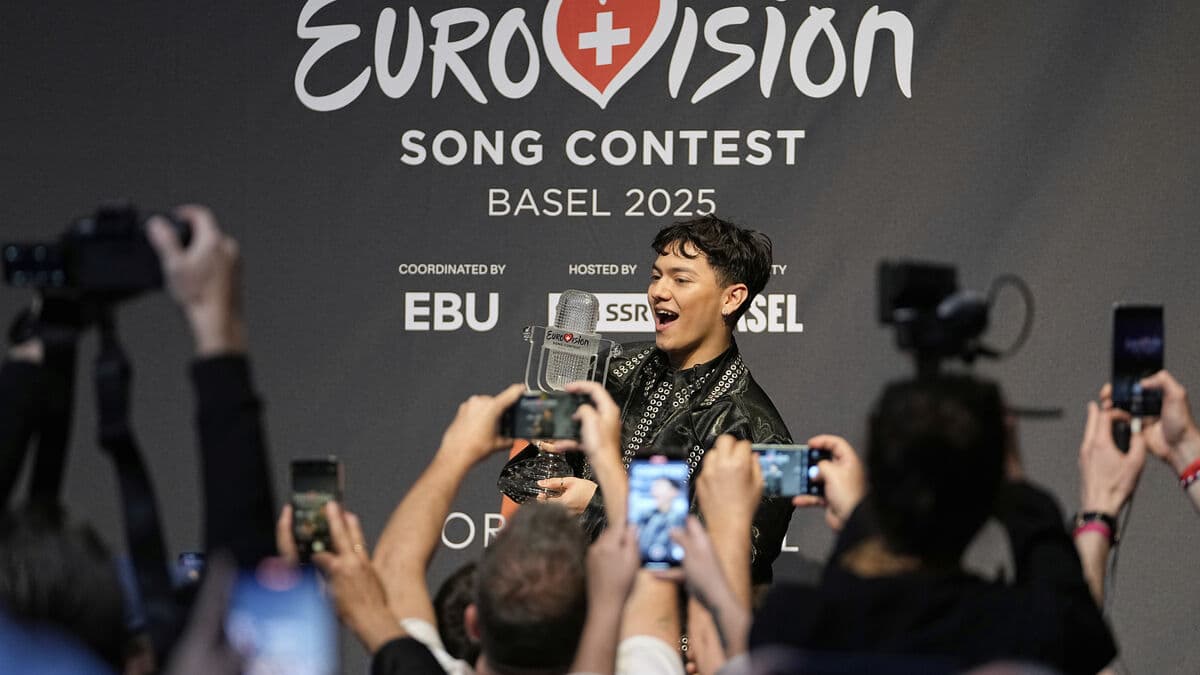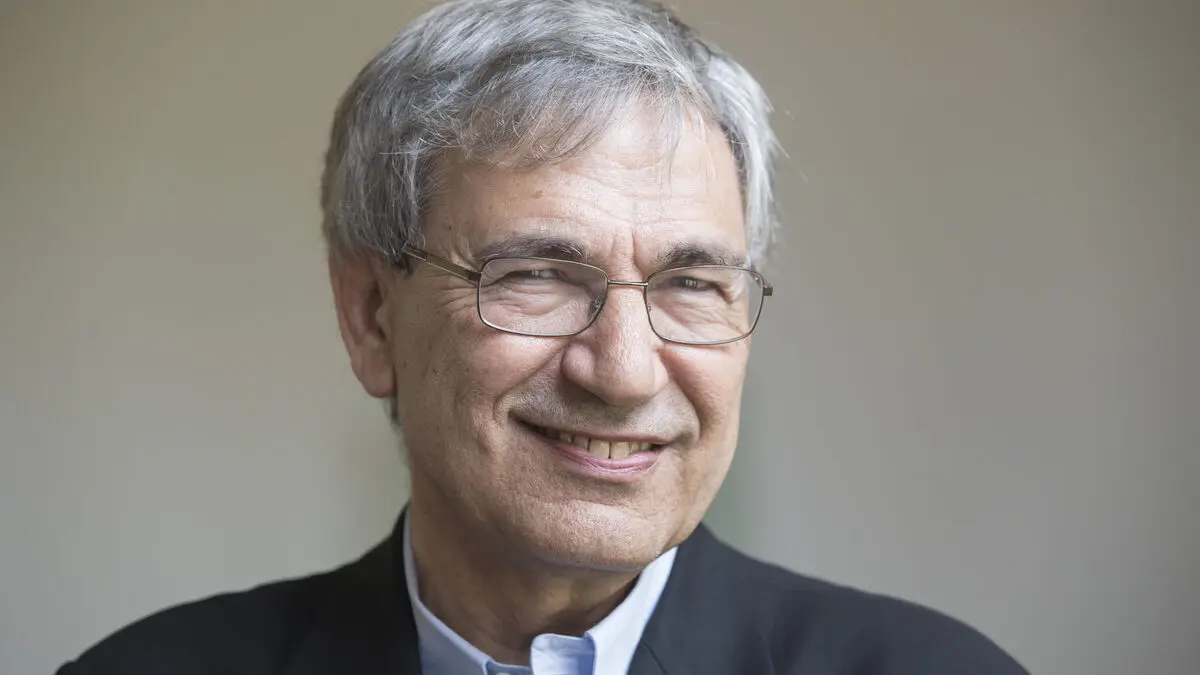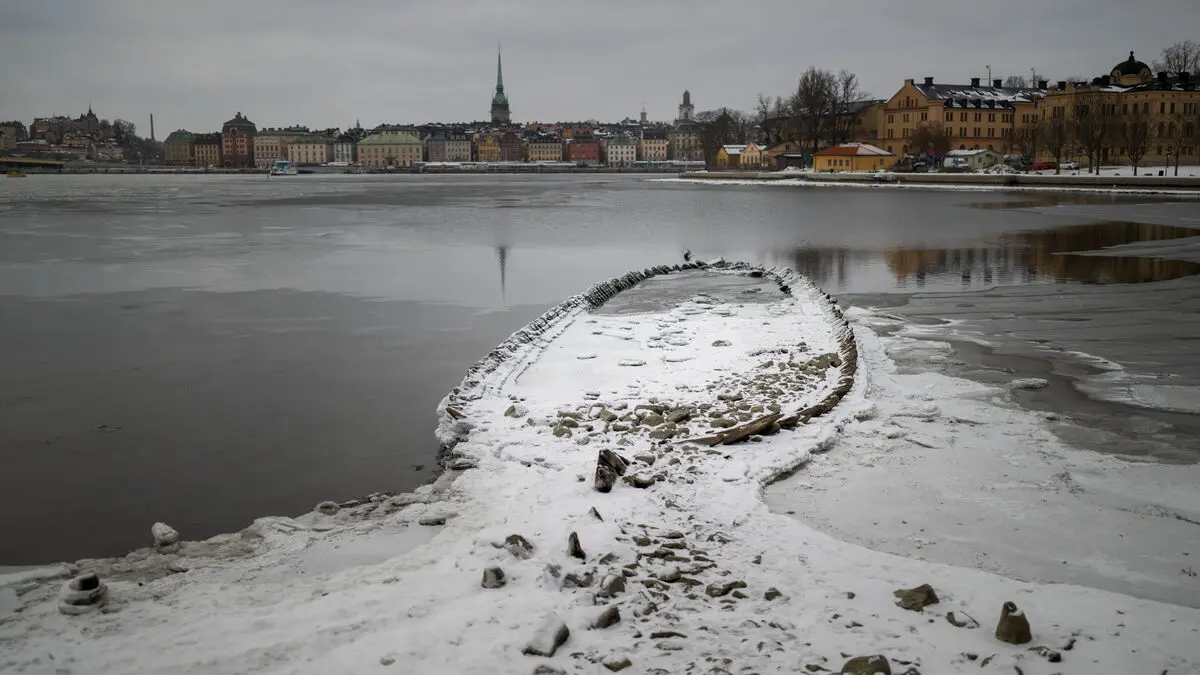The aim, according to the European Broadcasting Union (EBU), is to "increase trust, transparency and audience engagement" in the competition.
Among other things, stricter restrictions are being imposed on campaigns before and during the competition. This is to prevent third parties from gaining disproportionate influence over the outcome, such as government-backed campaigns.
Viewers' votes are also being halved. The EBU hopes this will encourage viewers to spread their votes across more entries.
Professional jury panels are reintroduced in the semi-finals, and jury members must sign a contract stating that they vote completely independently.
EBU member countries are set to vote on the new rules at a meeting in December. If the proposal is approved, it could mean that Israel, whose participation is controversial, will be allowed to participate.
"We hope that the package of measures assures members that we have taken strong measures to safeguard the neutrality and impartiality of the competition going forward. Only if they believe that the measures are not sufficient will there be a vote on who is allowed to compete," writes EBU press officer Dave Goodman to TT.
Spain, Ireland, Slovenia, Iceland and the Netherlands have threatened to boycott the competition unless Israel is stopped from participating due to the war in Gaza.
Other countries, such as Belgium and Finland, have also considered a boycott, while Denmark has announced that it will not vote against Israel's participation in the Eurovision Song Contest. SVT has not announced its position.






